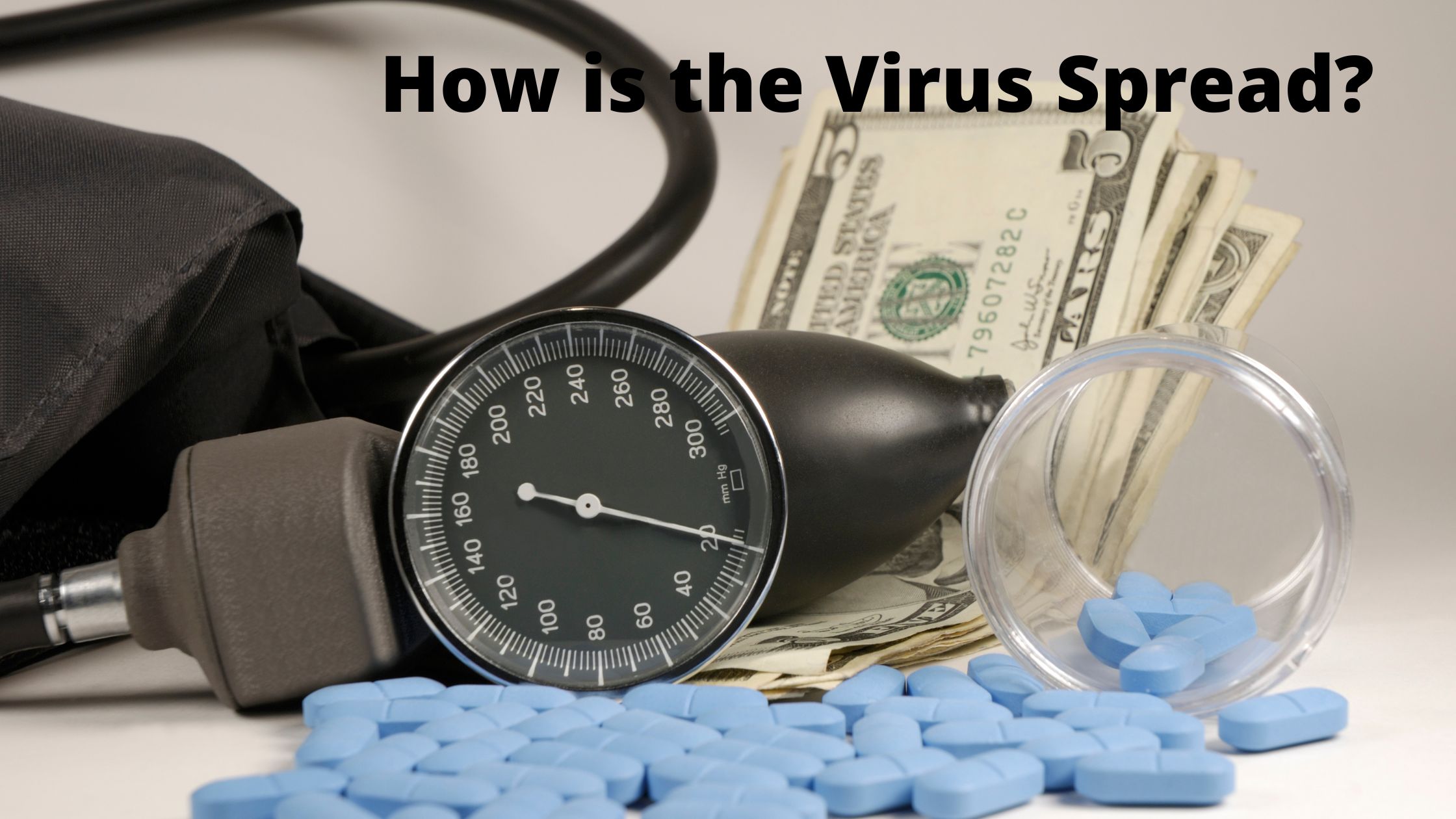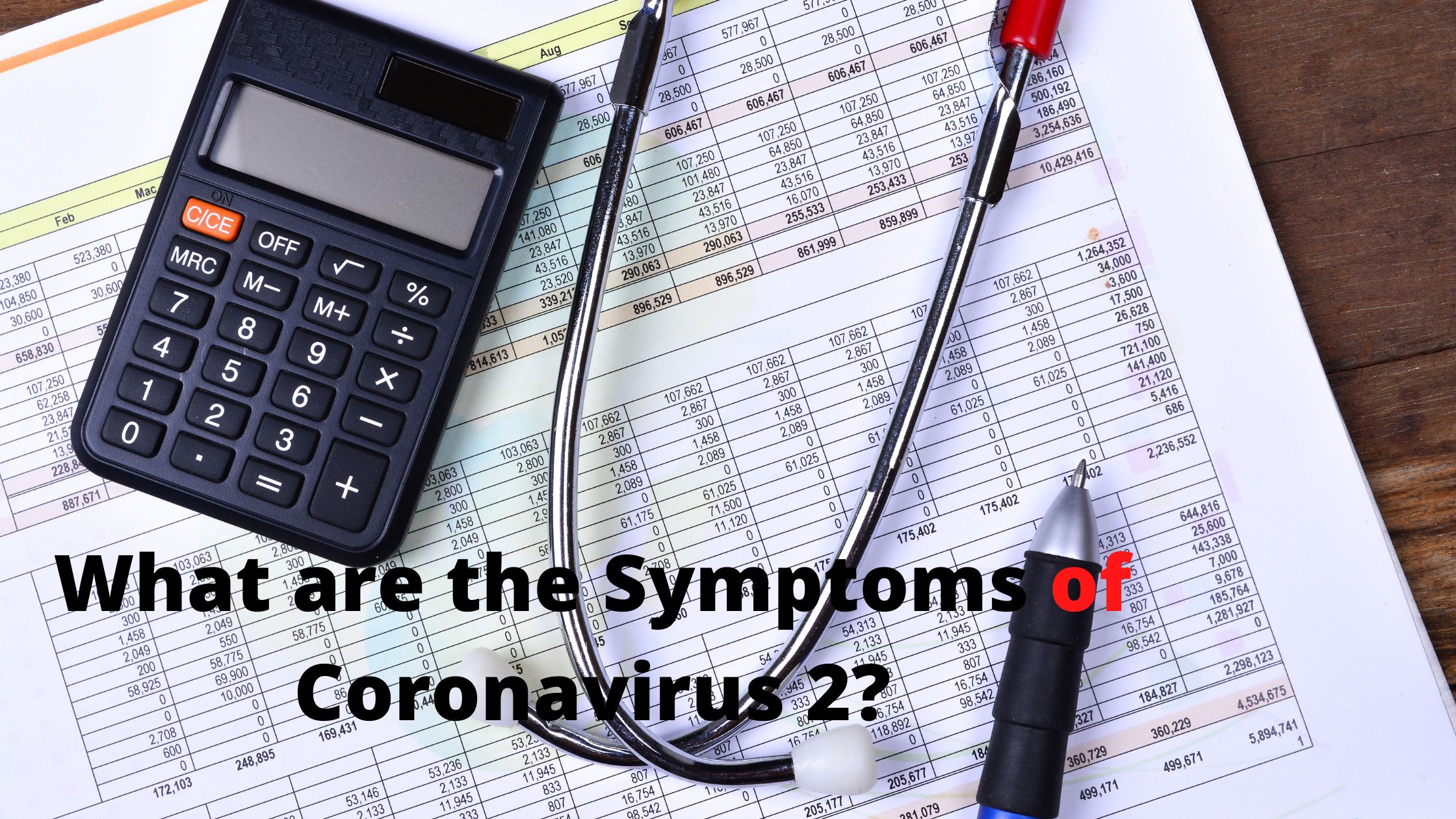With the World Health Organization (WHO) confirming a global increase of cases of coronavirus, now is a key time to be aware of your insurance coverage. In this article, we will outline the different types of insurance that may cover the cost of treatment for coronavirus 2 and provide some tips on how to ensure you are fully protected.
What is Coronavirus 2?
Many people are wondering if their insurance will cover the cost of treatment for coronavirus. The answer is complicated, and depends on the type of insurance that you have.
There are two different types of coronavirus: coronavirus 1 (which is the type that most people are familiar with) and coronavirus 2.
Coronavirus 2 is a more serious type of coronavirus, and it can cause severe respiratory illness in adults and children. Most people who contract coronavirus 2 will require hospitalization and intensive care.
The good news is that many types of insurance cover the cost of treatment for coronavirus 2. Typically, you will be responsible for a small portion of the cost of your treatment, depending on your policy.
If you are unsure whether your insurance will cover the cost of treatment for coronavirus, speak to your insurer or consult a healthcare professional. They can help you to find out which treatments are available to you and how much they will cost.
How is the Virus Spread?
The coronavirus is a highly contagious virus that is spread through contact with respiratory secretions, such as saliva or mucus. It can also be spread through contact with infected surfaces, such as doorknobs, keyboards, or countertops.
2. What are the Symptoms of the Virus?
The most common symptoms of the coronavirus are fever, cough, and fatigue. However, some people may also experience vomiting, diarrhea, or rash. Some people may even experience a severe form of the virus called SARS (severe acute respiratory syndrome), which can lead to pneumonia.
3. What Are the Possible Consequences of Being Infected with the Virus?
If you are infected with the coronavirus, there is a high chance that you will develop pneumonia. If you develop pneumonia, it could lead to serious health problems, including death.
What are the Symptoms of Coronavirus 2?
With the coronavirus now spreading internationally, many people are wondering whether they need to take action to prepare for potential effects.
There are three types of coronavirus: A, B, and C. Type A is the most common type of coronavirus, and it is usually spread through contact with respiratory secretions, such as saliva or mucus. Symptoms of type A coronavirus include fever, cough, and difficulty breathing.
Type B coronavirus is rare and is usually spread through contact with infected animals, such as camels, pigs, and horses. Symptoms of type B coronavirus include fever, severe chest pain, coughing up blood, and fast or irregular heart rate.
Type C coronavirus is the least common type of coronavirus and is usually spread through contact with contaminated surfaces, such as doorknobs, door handles, or countertops. Symptoms of type C coronavirus include fever, severe headache, muscle aches, vomiting, diarrhea, and confusion.
Most people who get type A or B coronavirus never develop any symptoms. However, about 1 in 25 people who get type C coronavirus will develop serious symptoms that can lead to death.
What are the Treatment Options for Coronavirus 2?
There are many different types of insurance that cover the cost of treatment for coronavirus. Some insurance companies may only cover a limited number of treatments, while others may provide coverage for all types of treatments.
If you are uninsured or have a low-cost health care plan, you may need to find an alternate source of funding for your coronavirus treatment. There are many charities that provide financial assistance to people who are affected by coronavirus.
If you have insurance, be sure to ask your insurer about the specific coverage options that they offer. You may also be able to find information on the insurance website.
Who is Eligible for Insurance Coverage for Treatment of Coronavirus 2?
If you are a US resident who is experiencing symptoms of the coronavirus, you may be eligible for insurance coverage for treatment. Treatment may include hospitalization, antiviral medication, and other treatments.
There are a few types of insurance that may cover the cost of treatment for the coronavirus. Some policies may cover all or part of the cost of treatment. Others may only cover medical expenses, and not costs associated with hospitalization or travel.
To find out if you are eligible for insurance coverage for treatment of the coronavirus, speak with your insurance company or visit the website of an organization like HealthCare.gov.
What are the Costs of Treatment for Coronavirus 2?
If you have been diagnosed with the coronavirus, you will likely need to seek treatment. While there is no cure for the virus, there are various treatments that can help to improve your health.
The cost of treatment for coronavirus can vary depending on the type of insurance that you have. Some insurance plans may cover a majority of the costs of treatment, while others may only cover a portion of the costs.
It is important to contact your insurance company to find out how much money you will be able to spend on treatment. You may also be able to receive government assistance through programs such as Medicare or Medicaid.
If you are uninsured or cannot afford to pay for treatment, contact a healthcare provider to find out their recommendations for treatment. There are many options available, and it is important to speak with a doctor about your specific case.
Conclusion
As we near the halfway point of the year, it is likely that you or someone you know will become infected with coronavirus 2. If you are worried about the cost of treatment, don’t be. There are a number of options available to help cover the costs associated with this virus, including health insurance, personal finance products, and government assistance programs. As always, it is important to speak to your representative about your specific situation in order to find the best way to protect yourself and those around you.

